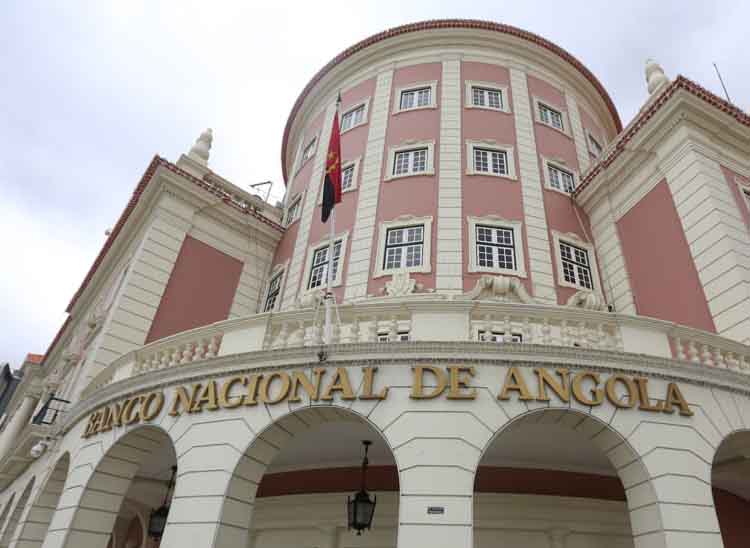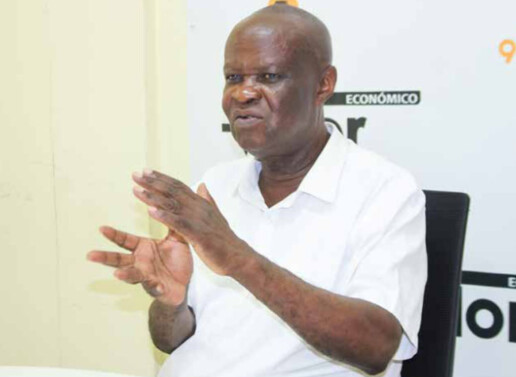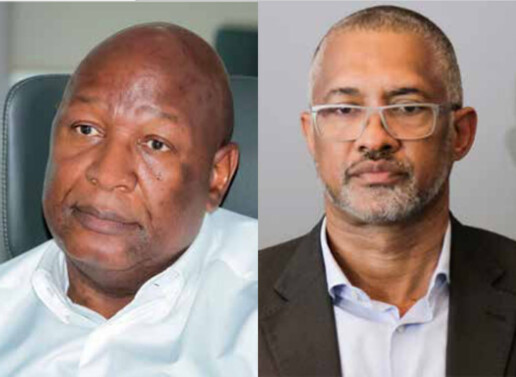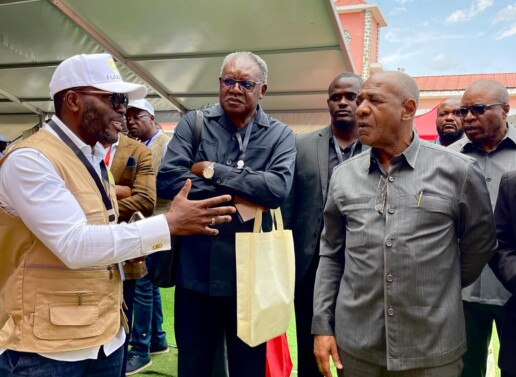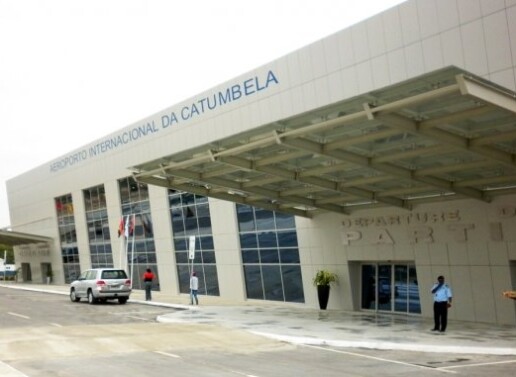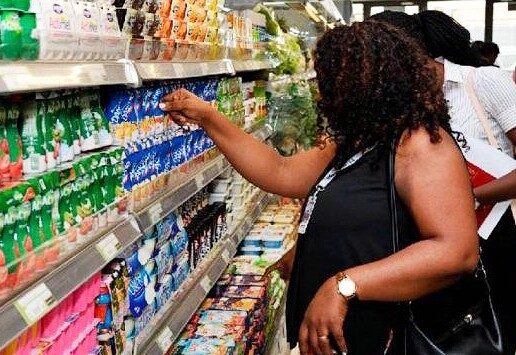Angola’s international reserves stood at $15.6 billion (€13.9 billion) by the end of 2024, an increase of $884.4 million compared to 2023, the central bank announced today.
According to the final communiqué of the 121st meeting of the Monetary Policy Committee of the National Bank of Angola (BNA), in 2023, the international reserves were $14.7 billion (€13.1 billion).
“The increase in international reserves [by $884.4 million, or €792.1 million] was due to the appreciation of reserve assets, particularly gold, and the returns on financial investments,” stated the governor of Angola’s central bank, Tiago Dias.
Tiago Dias highlighted that, at the beginning of 2024, $960 million was loaned to the National Treasury, impacting the international reserves. However, throughout the year, due to the appreciation of gold and the return on investments, the level of reserves was restored.
“We maintained this level around $14.7 billion, the same position we closed 2023 with. By the end of the year, as required by the National Bank of Angola law, the National Treasury reimbursed the National Bank of Angola, in several installments, for the loan it had received,” he explained.
According to Tiago Dias, this reimbursement led to a substantial increase in international reserves at the end of the year, reaching $15.6 billion.
“We see this as a restoration of the previous position, but the increase in international reserves is again explained by the appreciation of gold and returns on our investments,” he added.
Regarding the foreign exchange market, commercial banks purchased $10.8 billion (€9.6 billion) last year, compared to $9.8 billion (€8.7 billion) in 2023.
The exchange rate depreciated by 9.12% in 2024, compared to 39.2% in 2023, the BNA governor noted, emphasizing that “for some time now,” there has been exchange rate stabilization at 912 kwanzas (€0.8) per dollar.
“In December, we observed a trend of national currency depreciation, but thanks to some currency sales, commercial banks understood that the exchange rate should return to its previous level,” he said.
Tiago Dias stressed that, unlike 2023, the foreign exchange situation improved significantly last year, though not enough “to meet the expectations of economic agents.”
Concerning individual transactions, in December 2024, the BNA requested commercial banks to report all pending operations and, as an exception, sold foreign currency to address these cases.
“Similarly, we are aware of significant noise, particularly outside the country, which could impact the business environment in Angola. We also requested reports on pending transactions from airlines operating in the country and sold foreign currency to enable commercial banks to clear these transactions,” he noted.
“We have not yet reached optimal conditions, but there were substantial improvements in the foreign exchange market,” he reiterated.
Lusa, 21/01/2025
